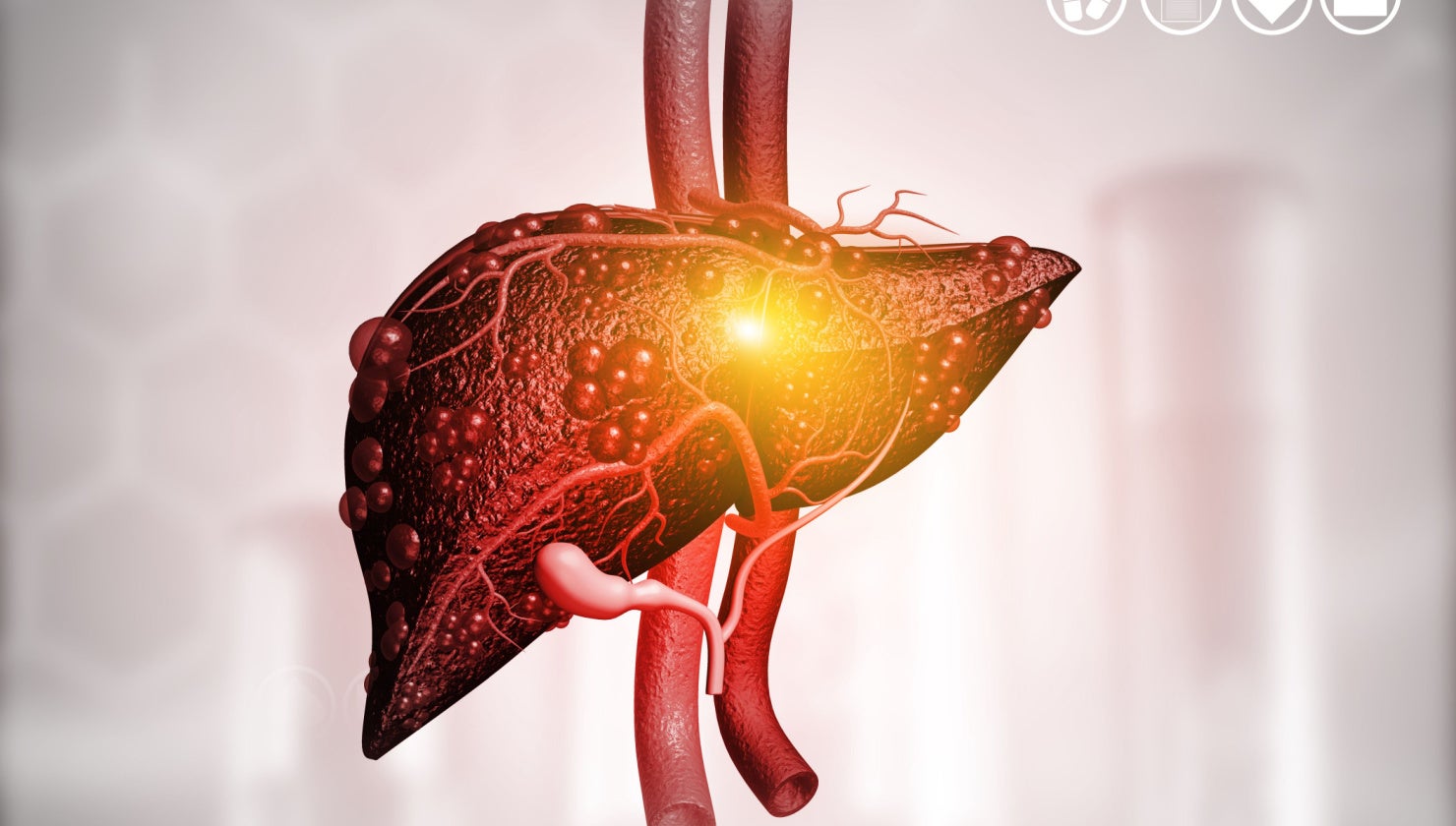On Thursday, 26 October 2023, the FDA granted Fast Track designation for Altimmune’s incretin mimetic, pemvidutide, to treat nonalcoholic steatohepatitis (NASH). Pemvidutide is a glucagon-like peptide 1 (GLP-1) glucagon receptor (GCGR) dual agonist peptide (GLP-1R/GCGR) currently in Phase IIb development for NASH (IMPACT trial; NCT05989711) and for obesity (MOMENTUM trial; NCT05295875). The fast track designation is supported by data from the Phase Ib trial (NCT05006885) evaluating pemvidutide in patients with nonalcoholic fatty liver disease.
Findings from the trial revealed that patients in the 1.8mg dosing group saw a 68.5% relative reduction in liver fat content at 12 weeks, with more than 95.0% of the 1.8mg dosing group achieving a reduction in liver fat of 30.0% or more. This article will focus on the FDA’s recent announcement granting fast track designation to pemvidutide for NASH and assess its potential and that of incretin mimetics for NASH.
Despite the designation and the positive interim data from its Phase IIb MOMENTUM trial, the future of pemvidutide in NASH is unclear due to a high level of trial discontinuation. In March 2023, the safety and tolerability profile of pemvidutide was called into question when interim data from the Phase IIb MOMENTUM trial reported high levels of discontinuations in both the treatment (24.0%) and placebo (28.2%) cohorts. Half of the withdrawals from the treatment group were attributed to gastrointestinal adverse events (AEs) such as nausea and vomiting, while most placebo discontinuations were due to withdrawal of consent.
Pemvidutide’s drop-out rate is similar to that of Eli Lilly’s Phase II Mounjaro (tirzepatide) trial in diabetes (NCT03131687) in which 25% of the patients given the highest dose (15mg) discontinued due to AEs. The pemvidutide trial protocol also differed from that of Novo Nordisk’s semaglutide and Eli Lilly’s tirzepatide, as it did not allow for dose reduction due to intolerability or consider the length of the titration period, which could have impacted the AE and dropout rates.
The discontinuations were from pemvidutide’s obesity trial, as topline data from pemvidutide’s Phase IIb trial in NASH has not yet been reported. Nonetheless, pemvidutide could prove to be a worthy competitor to semaglutide and tirzepatide among other GLP-1 receptor agonists (RAs) and earn a unique position in the market, since data from its Phase Ib trial showed that it does not cause hyperglycaemia while also addressing NASH.
Despite the research suggesting that incretin mimetics, also known as GLP-1Ras, have a promising role in the treatment of NASH, much is still unknown about the utility of this drug class. While GLP-1RAs have proven to have positive effects on glycaemic control and weight loss, which in turn decrease fat concentration in the liver, there is still limited data on if and how they work to directly improve liver health, especially as there are no GLP-1 receptors in the liver. It is possible that NASH resolution might be attributable to a patient’s overall metabolic health or that improvement of insulin sensitivity could lead to a reduction in free fatty acid (FFA) flux in the liver—an energy source that can lead to fatty liver disease.

US Tariffs are shifting - will you react or anticipate?
Don’t let policy changes catch you off guard. Stay proactive with real-time data and expert analysis.
By GlobalDataNovo Nordisk’s semaglutide currently leads the GLP-1RA class in NASH, as it is under development as a monotherapy for patients with stage F2/F3 NASH (NCT04822181), and as a combination therapy in partnership with Gilead Sciences (semaglutide+ACC inhibitor+FXR agonist) for patients with stage F4 NASH with cirrhosis (NCT04971785). Other companies such as Eli Lilly (tirzepatide), AstraZeneca (AZD9550) and Merck (efinopegdutide; MK-6024) are also fighting for a space in the NASH market with second-generation dual/tri GLP-1RAs, but their profiles in NASH remain premature. While the investigation for the extent to which these drugs will be most effective in NASH is ongoing, the precise scope of their impact therefore remains uncertain.






